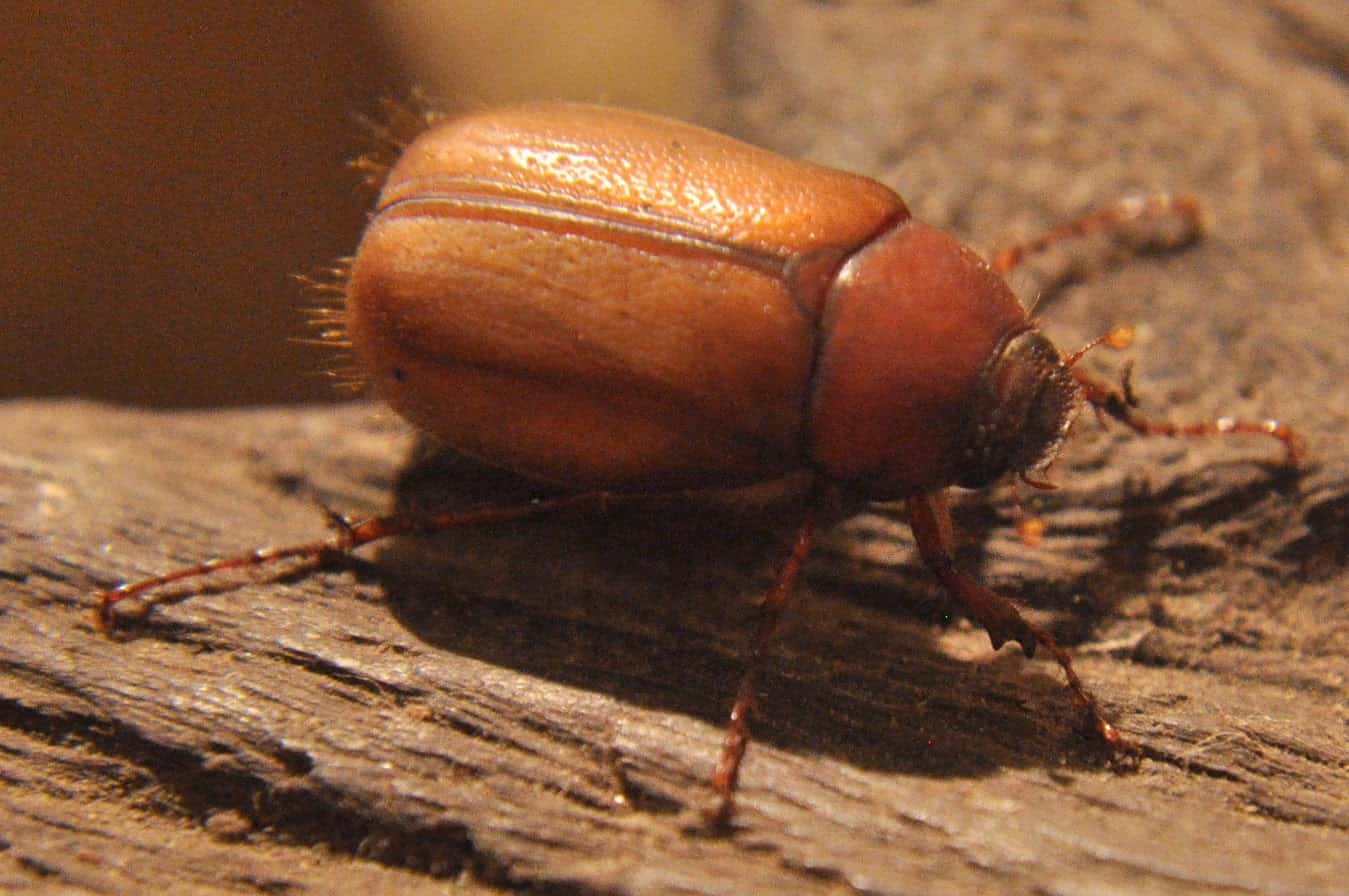In Costa Rica, the iconic “May beetles” (abejones de mayo), known scientifically as the Phyllophaga genus, are vanishing at an alarming rate. These beetles, which have long heralded the arrival of the rainy season each May, are now a rare sight, even in rural areas. Biologists at the University of Costa Rica (UCR) estimate a staggering 90–95% decline in their populations over the past four decades, sparking concern about the health of the nation’s ecosystems.
“For many Costa Ricans, spotting abejones buzzing around porch lights marked the start of the rains,” says Andrés Arias, a 27-year-old UCR biologist who recalls their abundance in his childhood home. “Now, they’re a fleeting memory.” This cultural loss, coupled with ecological consequences, has raised a silent alarm across the country.
A Perfect Storm of Threats
The decline of May beetles is driven by rampant urbanization, heavy pesticide use, and climate change. Rapid urban expansion has paved over the green spaces where beetle larvae, known locally as jobotos or jogotos, develop underground, feeding on plant roots. “As cities grow and houses replace fields, the land these larvae need vanishes,” explains UCR biologist Ricardo Murillo.
Costa Rica leads Latin America in agrochemical use per hectare, and pesticides weaken May beetles, impair their reproduction, and disrupt their ability to feed and pollinate. In agricultural areas, where beetles are often seen as pests for feeding on crops like strawberries and potatoes, pesticide overuse has decimated their populations.
Climate change further disrupts the beetles’ life cycle, which relies on the predictable onset of rains. Rising temperatures, erratic rainfall, and disrupted seasonal cues throw off their development. In the Área de Conservación Guanacaste (ACG), a UNESCO World Heritage Site, researchers have noted declining insect populations since the 1970s, driven by hotter, drier conditions that burn off cloud forests and reduce biodiversity. “Even protected areas aren’t spared,” says Daniel Janzen, a biologist studying ACG’s ecosystems.
Despite their reputation as agricultural pests, May beetles play vital ecological roles. As adults, they pollinate plants, aiding in fruit and seed production. Their larvae aerate soil, enhancing fertility, and both stages serve as prey for birds, bats, and mammals. Their decline could ripple through food webs, threatening Costa Rica’s biodiversity, which is among the richest in the world.
Globally, insect populations are plummeting, with studies reporting a 45% drop in invertebrate abundance over 35 years. In Costa Rica, May beetles are part of this trend, alongside species like dung beetles and butterflies, all facing habitat loss, pesticides, and climate shifts.
A Call for Help
Saving May beetles requires collective effort. Reducing pesticide use, especially in urban and agricultural areas, is critical. Preserving green spaces, from city parks to rural fields, provides habitat for larvae. Initiatives like ACG’s forest restoration, ongoing since the 1970s, show promise, but broader action is needed. The proposed BioAlfa program aims to engage Costa Ricans in monitoring biodiversity, fostering a culture of conservation.
People can help by turning off outdoor lights at night to prevent disorienting beetles, which are drawn to artificial glow and often die from exhaustion. Gently collecting and releasing beetles into gardens or parks can aid their survival. Pet owners should prevent animals from eating beetles, as they can cause digestive issues.
The decline of May beetles reflects a lack of comprehensive data, with estimates like Murillo’s based on observations rather than nationwide studies. This gap underscores the need for more research. More than seasonal visitors, abejones de mayo are a cultural touchstone and a barometer of environmental health. Their fading presence reminds us of the delicate balance between climate, biodiversity, and human activity. As Arias puts it, “Losing them means losing a piece of who we are—and a warning we can’t ignore.”






